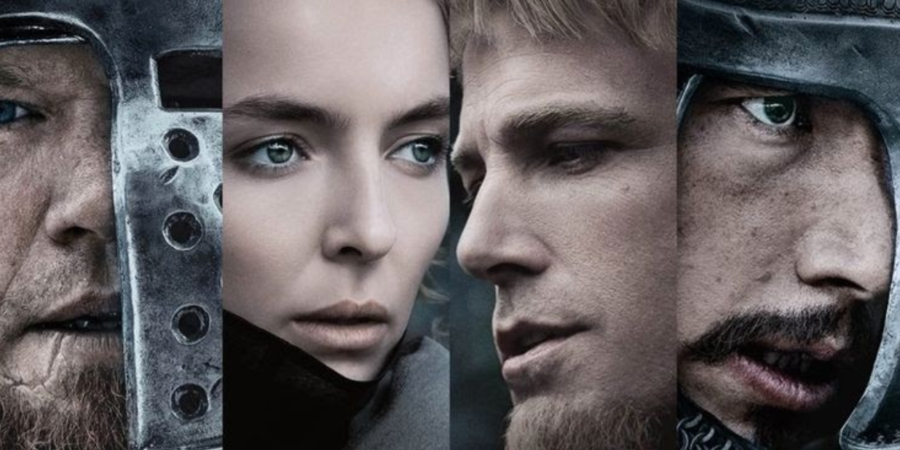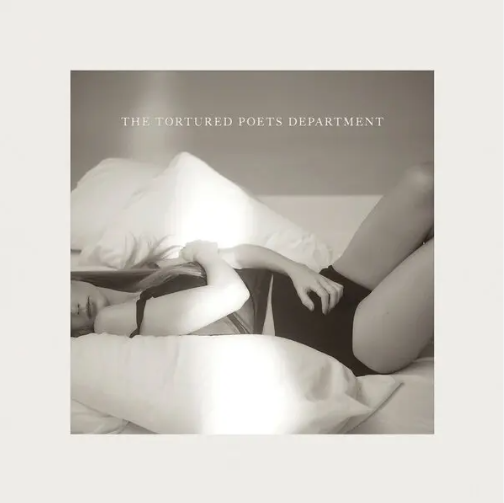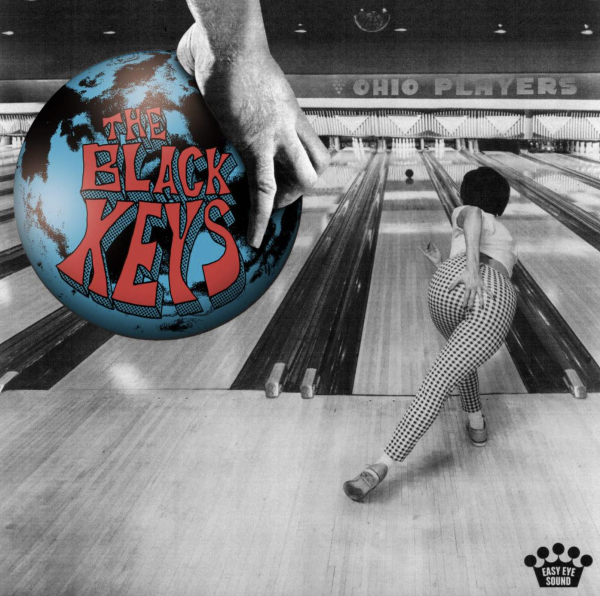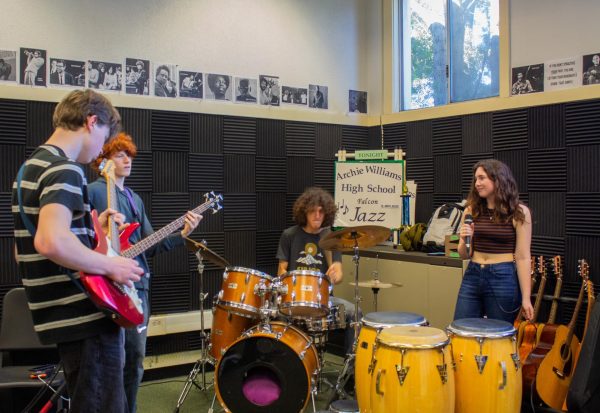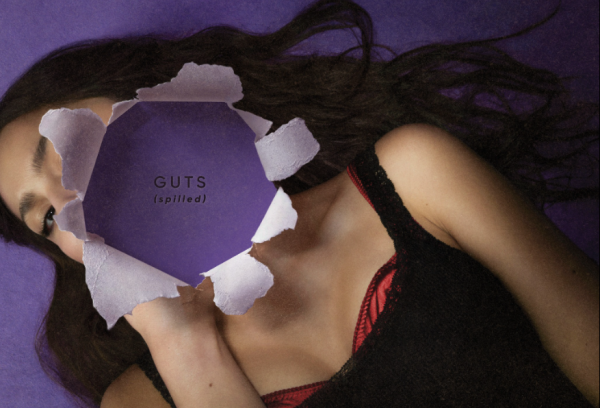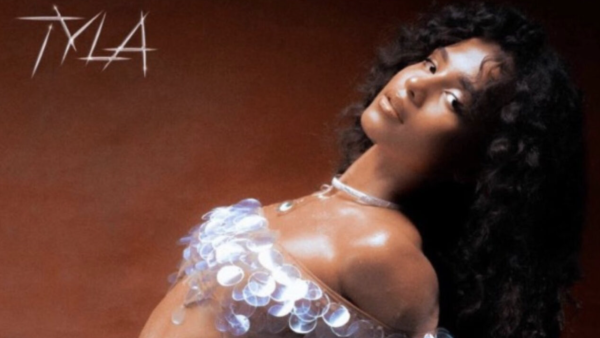The Last Duel exhibits female courage within the patriarchy of Medieval France
TW: Mentions of rape and violence
The Last Duel, released on Oct. 15, escorts viewers to the 14th century’s court of France in which two noblemen, once close friends, enter a lethal duel. The film’s 152-minute length forces the viewer into skepticism as they are introduced to different character’s perspectives, leading to devastating truth. Betrayal and denial collide in this gripping picture as it demonstrates the perils that befell women in medieval Europe, including some that even persist in the modern era.
For their first writing reunion since Good Will Hunting, Ben Affleck and Matt Damon collaborated with Nicole Holofcencer to write this medieval masterpiece based on true events.
Separated into three chapters, The Last Duel revolves around a knight, his wife, and a squire whose relationship is anything but simple. These clashing perspectives are displayed throughout the span of a decade.
What starts as a dutiful friendship turns into a sequence of misunderstood events as Jacques Le Gris (Adam Driver) and Jean de Carrouges (Matt Damon) age and grow together in the French court and its battlefield, until Marguerite de Carrouges (Jodie Comer) acusses Jacques of raping her. The accusation causes her husband, Jean, to challenge Jacques to a duel to the death, as rape was considered a crime aginst a man’s “property”. The victor of the duel was to be ruled innocent, but if Jean were to lose the duel then Marguerite would be burned to death. Although the layout of the film causes repetition in the plot, each chapter supports immensely differing details and perspectives which give viewers an inside look at the inner workings of character’s opinions and actions.
However, with the film’s constant action comes great disturbance as the men constantly abuse their power and flawed ideals of honor. As the movie is told from such perspectives, it is clear that even the abusers themselves are not aware of the degree of their iniquity due to the standards of their society.
The film does not hold back on violence: people are constantly dying in gruesome, terrifying battles. In addition, the sexual abuse scenes, while crucial to the story, are unsettling and disturbingly drawn out. It is these details that draw viewers into the story and intent of the characters.
The Last Duel showcases the struggles of females in medieval times. For a woman to come forth with an accusation of rape was dangerous, as the consequences of losing the case were torturous. For this reason, the majority of rape victims stayed silent. This issue continues in the 21st century, as many sexual abuse survivors continue to stay silent. According to RAINN reports, 2 out of every 3 sexual assaults go unreported. Considering this, Marguerite choosing to go through with her case was admirable and courageous, especially for the times.
Barred from bringing a case against Jacques herself, Marguerite had to rely entirely on her husband to mount legal action. Further, the legal issue was not her suffering, but that Jean’s ‘property’ was damaged.
The setting itself is commendable, due to the movie’s $100 million budget. The movie’s scenes are typically dark and cold, set in a gloomy and harsh medieval kingdom. The extravagant scenes, centered around a wealthy lifestyle, are grand in size and realistic to what noble life presumably looked like, but of course not too glamorous because it was the fourteenth century. While the peasant scenes remind viewers of how far the modern world has come in terms of architecture and technology, a glimpse at 14th century Paris is eye opener as viewers can easily identify and compare it to 21st century Paris.
The cast is full of familiar faces, however, the familiarity does not blind viewers from the character they portray in The Last Duel. Jodie Comer plays Marguerite de Carrouges admirably; her powerful presence and insight is moving as the viewer truly experiences the trials of a woman in the fourteenth century. Adam Driver skillfully plays Jacques Le Gris, he portrays his character expertly and passionately, so much so that even fans won’t be blinded to his monstrous character.
With impressive theatricals, intense characters, and an enticing plot line, The Last Duel is a worthwhile medieval drama, earning a high 8/10. Its incorporation of present day issues forces viewers to reflect that while feminism has of course come a long way, some beliefs and struggles from so long ago still linger today.
Your donation will support the student journalists of Archie Williams High School. Your contribution will allow us to purchase equipment and cover our annual website hosting costs. Each donation will receive a magazine subscription for a year (6 copies a year), and become a part of the important work our publication is doing.
$35 -- Subscription to the magazine
$50 -- Silver Sponsorship
$75 -- Gold Sponsorship
$100 -- Platinum Sponsorship
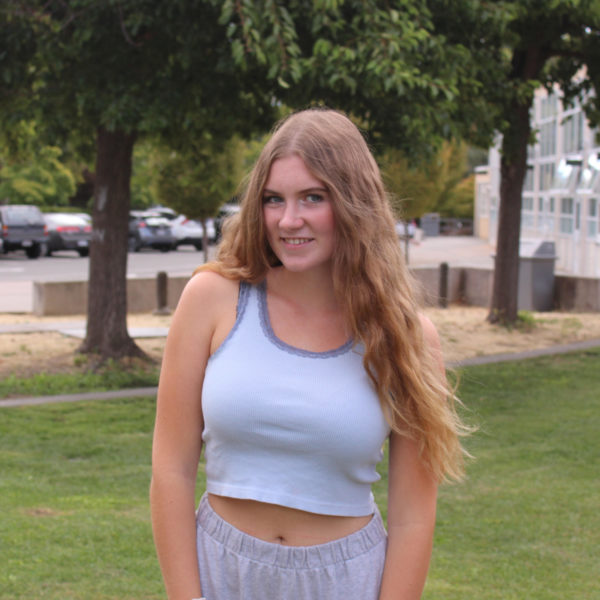
Corina is a senior, in her third year of journalism. You can often find her at a concert and spending time with friends. She loves Mexican food and listening...


